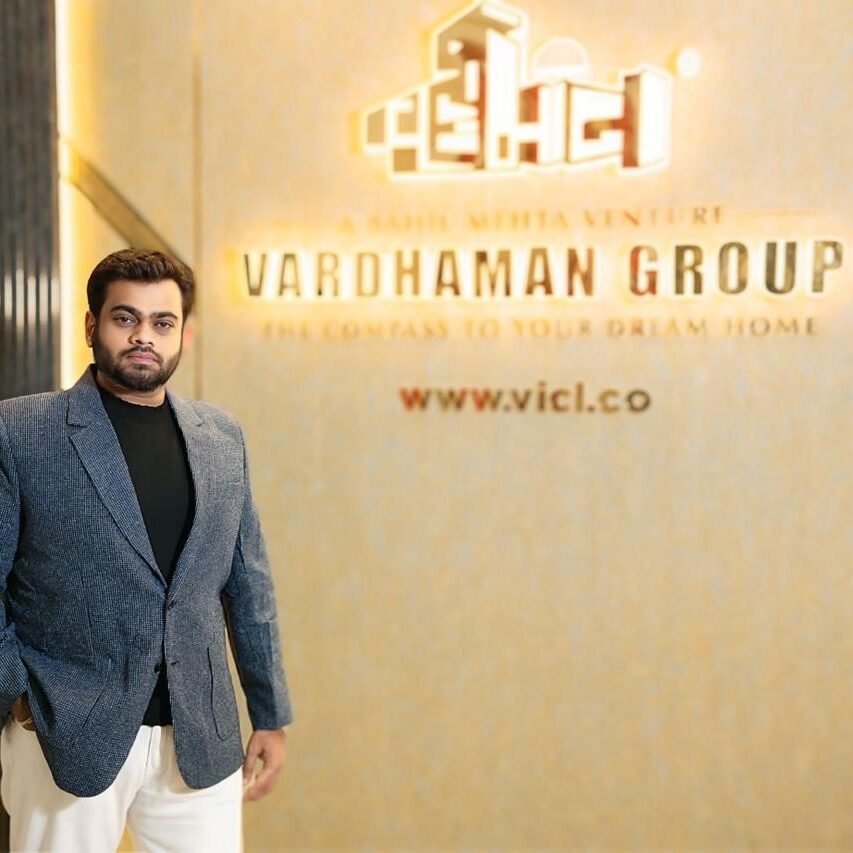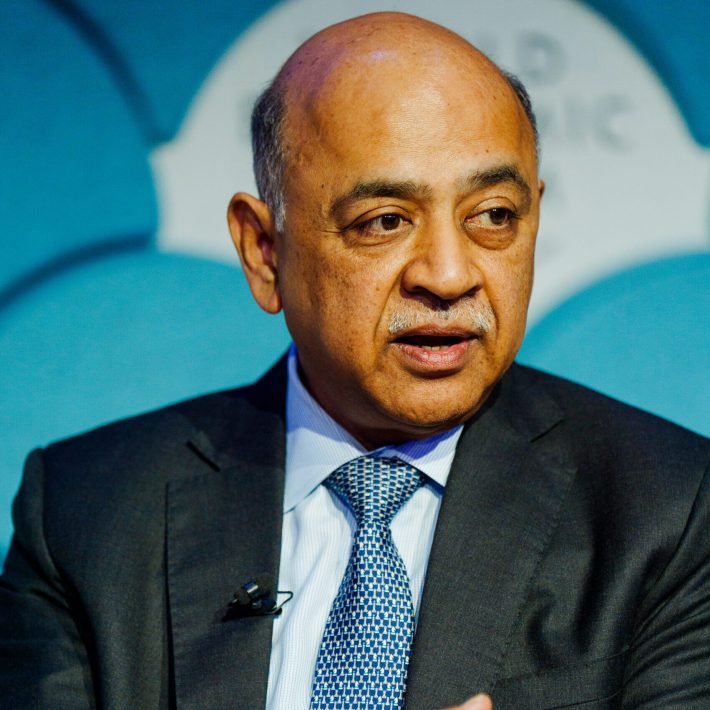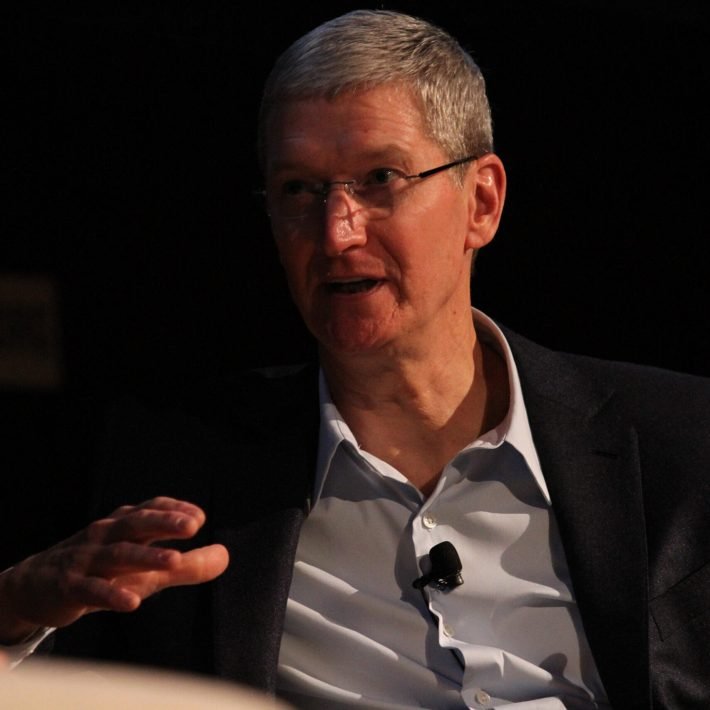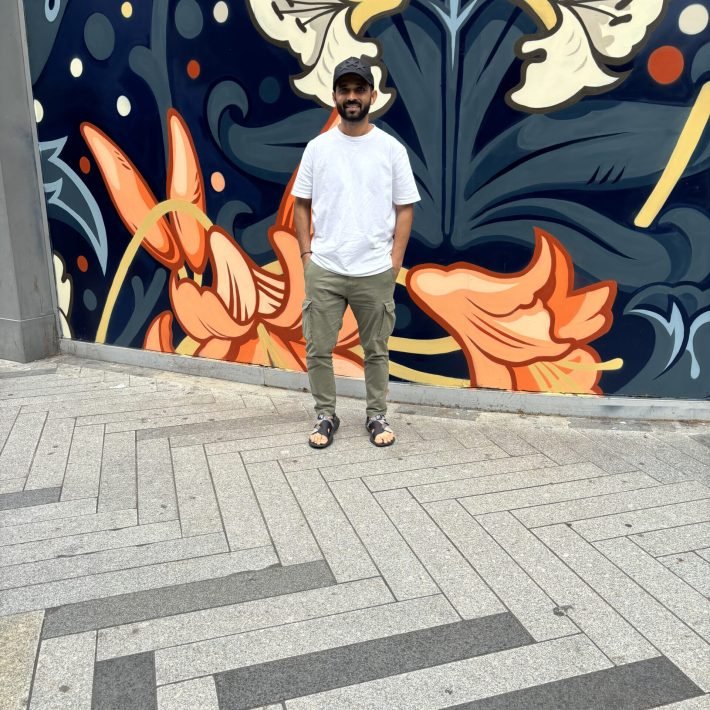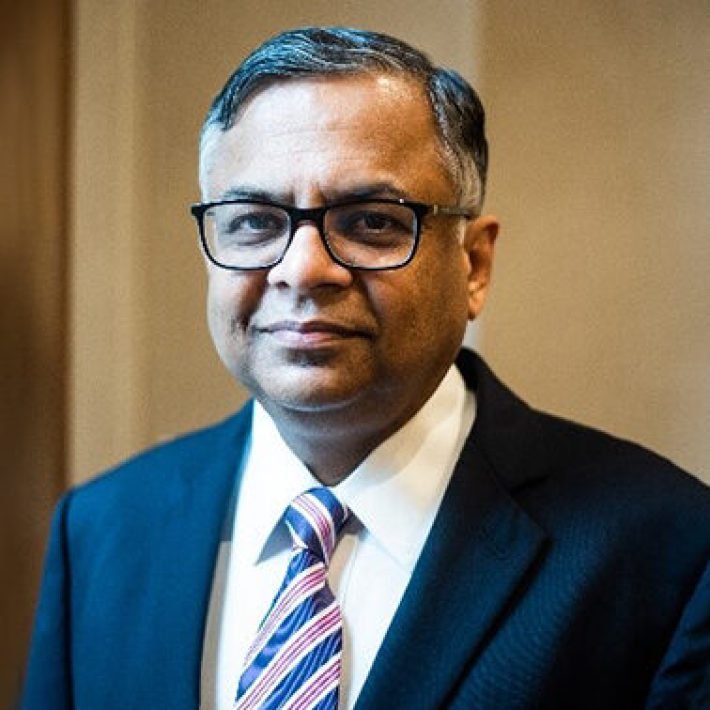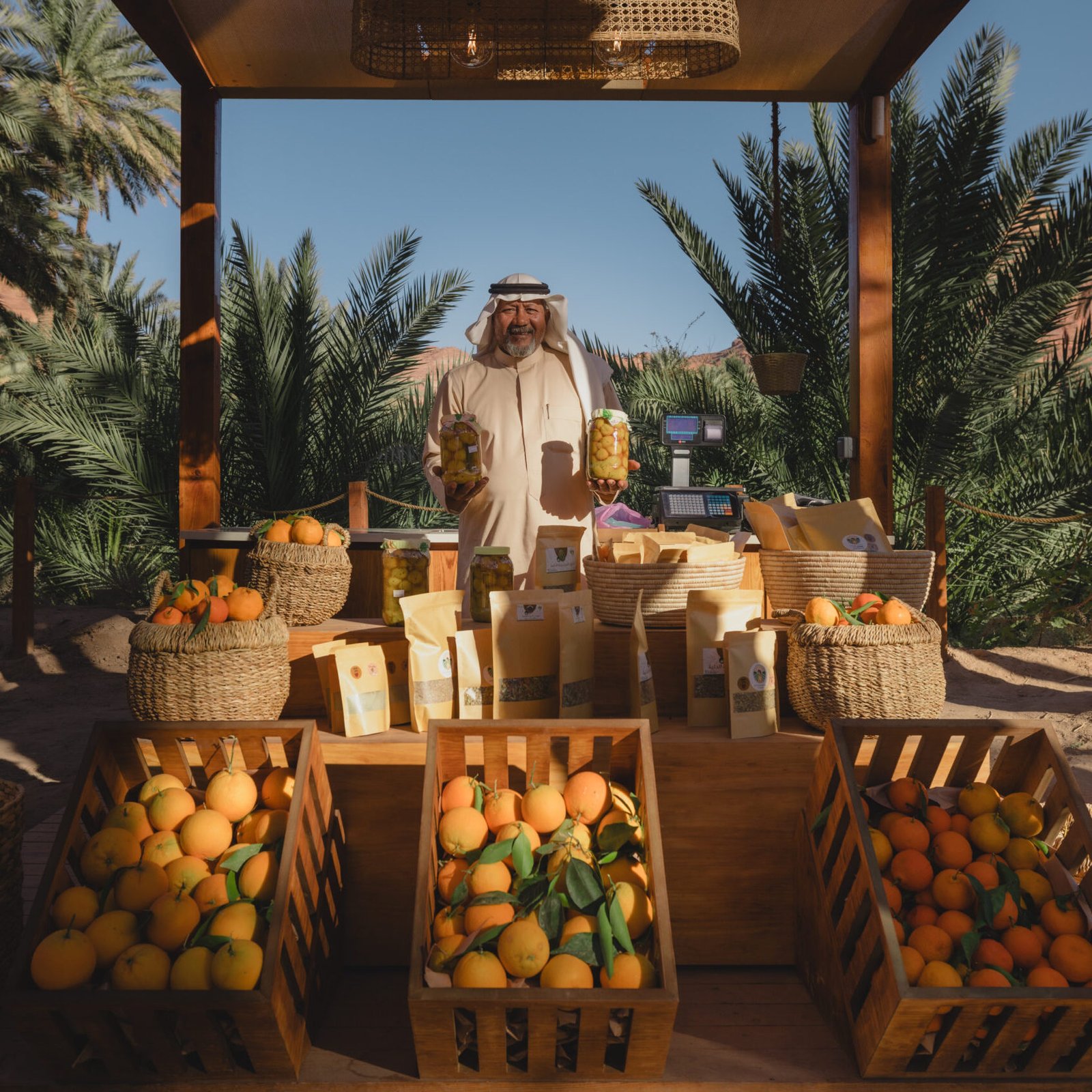Sahil Bipin Mehta, Chairman & Managing Director, Vardhaman Infra Construction Limited sheds some insight on how he’s steering his company to new heights.
By Amber Dias
The real estate market is a competitive one. How does the Vardhaman Group differentiate itself? What is your vision for the company?
The Vardhaman Group is a real estate company focused on luxurious and sustainable developments. With over 50 years of experience, we have a reputation for high-quality craftsmanship and design. The Vardhaman Group’s vision is to be a leader in sustainable and sophisticated real estate development. We aim to raise the bar for living standards while prioritising environmental responsibility. Our commitment to excellence, innovation, and trust sets us apart in the industry.
Could you highlight some key trends in the Indian real estate market? What strategies does your company use to adapt to them?
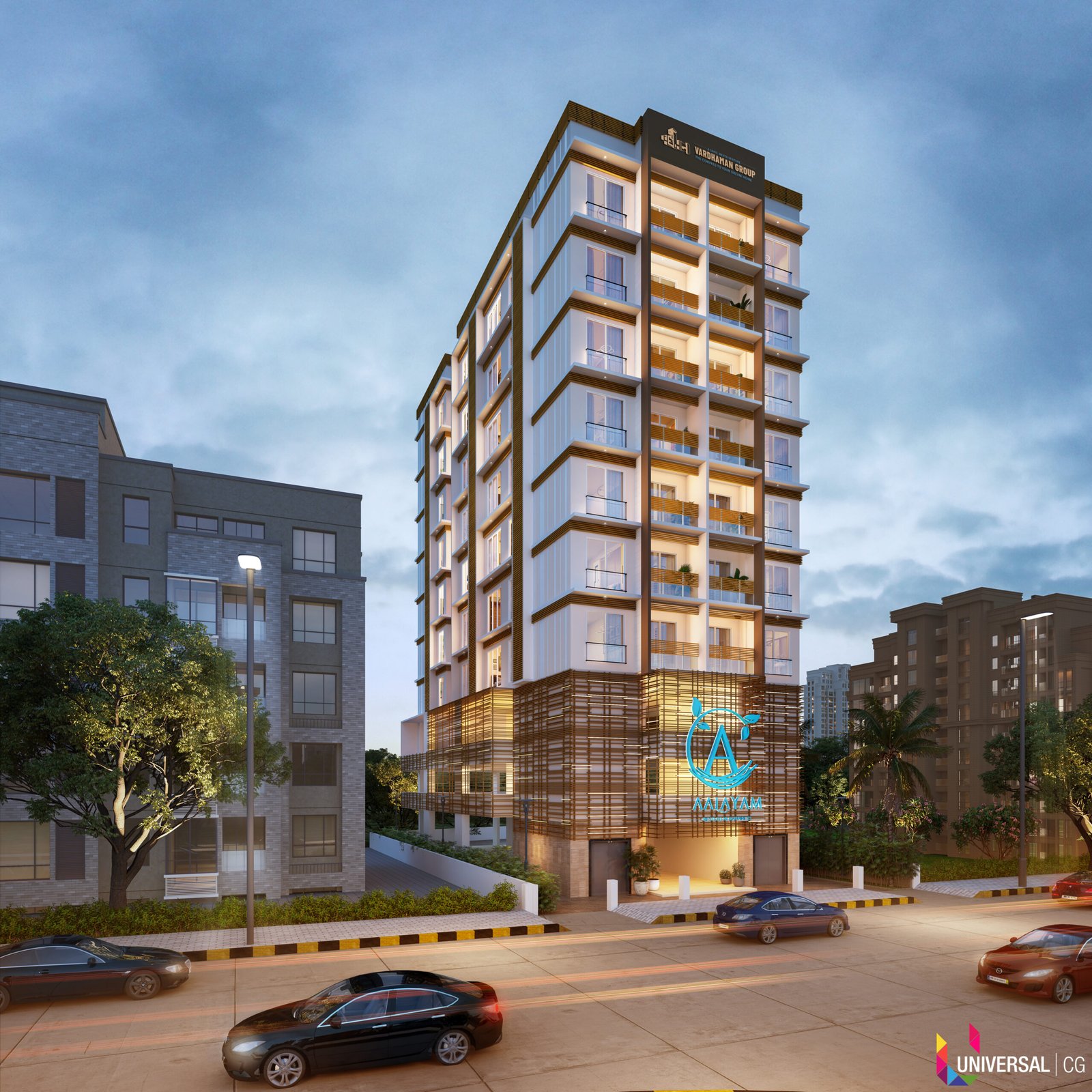
The Indian real estate market has witnessed several key trends in recent years. Here are some notable ones:
- Affordable Housing: The government’s focus on affordable housing initiatives has led to increased demand for affordable homes, especially in Tier-II and Tier-III cities.
- Smart Cities: The development of smart cities across India is driving demand for modern, technologically advanced real estate projects.
- E-commerce and Logistics: The growth of e-commerce and logistics sectors has increased demand for warehousing and industrial spaces.
- Co-working Spaces: The rise of startups and freelancers has led to a surge in demand for co-working spaces.
- Sustainable Development: There is a growing emphasis on sustainable practices in real estate development, such as green buildings and energy-efficient designs.
To adapt to these trends, the Vardhaman Group employs several strategies:
- Diversification: The company has diversified its portfolio to include residential, commercial, and industrial projects, catering to various market segments.
- Technology Adoption: The company is embracing technology to improve efficiency, reduce costs, and enhance customer experience. This includes using Building Information Modeling (BIM) and other digital tools.
- Sustainable Development: The company is committed to sustainable practices and is developing green buildings and energy-efficient projects.
- Strategic Partnerships: The Vardhaman Group collaborates with strategic partners to leverage their expertise and expand its reach.
- Customer-Centric Approach: The company focuses on understanding customer needs and preferences to deliver projects that meet their expectations.

By adopting these strategies, the Vardhaman Group aims to stay ahead of the curve and capitalize on the opportunities presented by the evolving Indian real estate market.
How do you see the impact of government policies on the real estate sector?
Government policies have a significant impact on the real estate sector in India. Here are some key ways in which they influence the market:
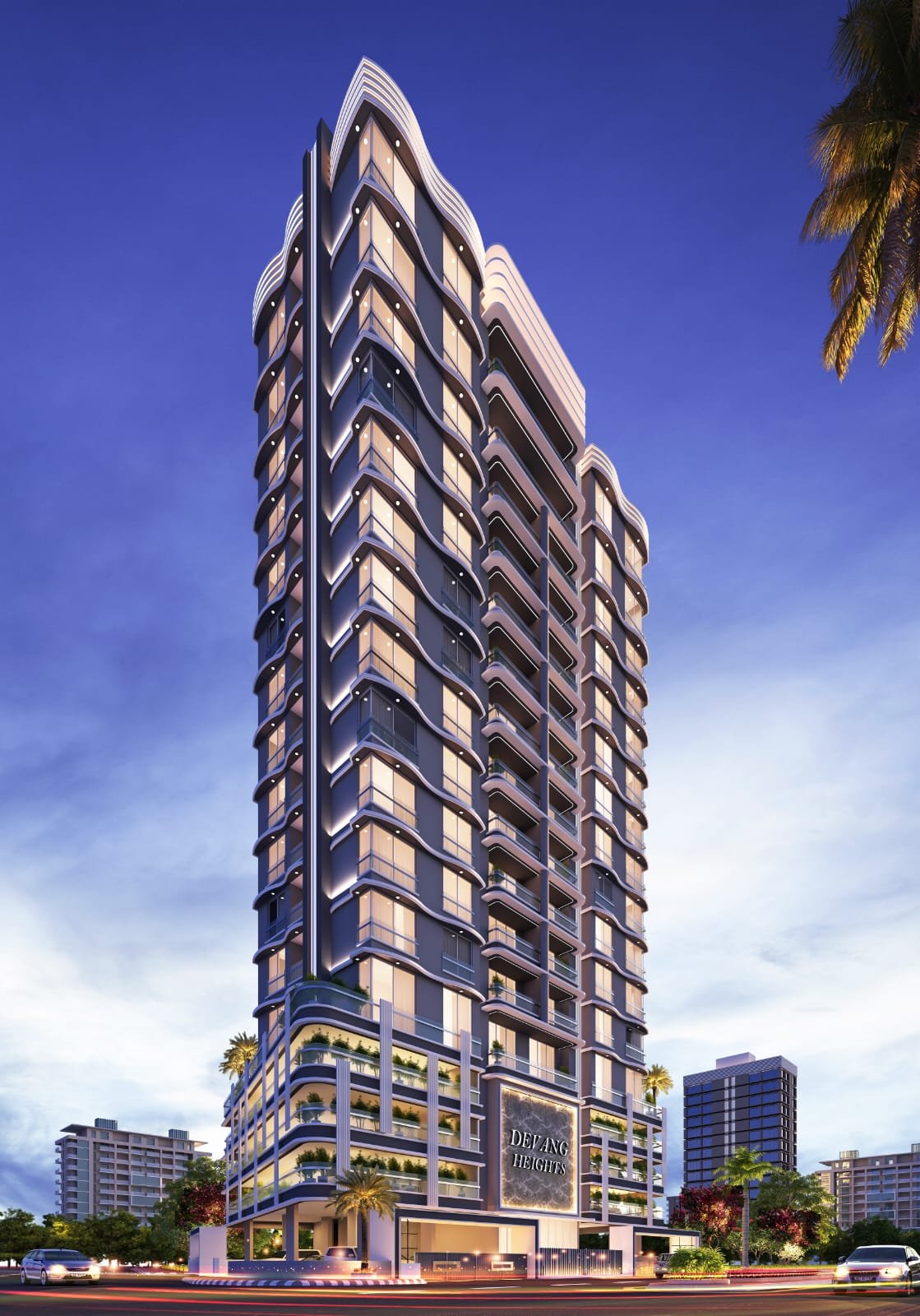
- Regulatory Framework: Government policies such as the Real Estate Regulatory Authority (RERA) have brought more transparency and accountability to the sector, protecting the interests of homebuyers.
- Tax Incentives: Government incentives like tax deductions for home loans and capital gains tax exemptions can stimulate demand for real estate.
- Infrastructure Development: Government investments in infrastructure, such as roads, railways, and metro systems, can drive real estate growth in surrounding areas.
- Interest Rate Policies: The Reserve Bank of India’s (RBI) monetary policy and interest rate decisions can affect the cost of home loans, influencing demand.
- Urban Renewal and Redevelopment: Government initiatives to redevelop old and dilapidated structures can create opportunities for new real estate development.
- Land Acquisition and Zoning Regulations: Government policies related to land acquisition and zoning can impact the availability and cost of land for real estate projects.
Overall, government policies play a crucial role in shaping the real estate market in India. Positive policies can stimulate growth and investment, while negative policies can hinder development and deter buyers.
“Green Properties” is the buzzword at the moment as the focus on sustainability grows heavier and more vital. How does your company integrate environment-conscious practices into its various projects?
The Vardhaman Group prioritises sustainable development in all our projects. We use green building practices, reduce energy and water consumption, minimise waste, and promote biodiversity. Our goal is to create environmentally friendly developments that contribute to a sustainable future.
What are the biggest challenges that your company has had to face? Could you give us some insight into how you tackled them?
The Vardhaman Group has faced several challenges over the years, including:
- Economic Fluctuations: The real estate market is sensitive to economic downturns. We’ve navigated these periods by diversifying our projects, focusing on affordable housing, and maintaining strong financial management.
- Regulatory Changes: Government policies and regulations can impact the real estate sector. We’ve adapted by staying informed about changes, seeking legal advice, and ensuring compliance with all relevant regulations.
- Land Acquisition: Acquiring suitable land for development can be challenging. We’ve overcome this by forming strategic partnerships with landowners, exploring alternative land sources, and utilizing efficient land acquisition processes.
- Competition: The real estate market is highly competitive. We’ve differentiated ourselves by focusing on quality, innovation, and customer satisfaction. We’ve also built strong relationships with customers and partners.
- Supply Chain Disruptions: Global events like pandemics and geopolitical tensions can disrupt supply chains. We’ve mitigated these risks by diversifying our suppliers, implementing contingency plans, and focusing on local sourcing whenever possible.
As a leader, how do you engage and motivate your team – be it looking for innovative solutions, coming up with new ideas, or fostering a collaborative culture?
As a leader, I believe in fostering a culture of collaboration, innovation, and empowerment. Here are some strategies I employ to engage and motivate my team:

- I strive to create a work environment where team members feel valued, respected, and empowered to share their ideas without fear of judgment.
- I foster open and honest communication channels, encouraging team members to express their thoughts, concerns, and suggestions.
- I ensure that team members have a clear understanding of their roles, responsibilities, and goals they are working towards. This provides a sense of direction and purpose.
- I acknowledge and reward team members for their hard work, dedication, and contributions. This positive reinforcement motivates them to continue striving for excellence.
- I invest in my team’s professional development by offering training programmes, mentorship opportunities, and career advancement paths. This helps them grow their skills and stay motivated.
- I encourage a culture of innovation by providing a safe space for team members to experiment, take risks, and explore new ideas.
- As a leader, I strive to set a positive example by demonstrating dedication, integrity, and a willingness to learn and grow.
Similarly, what drives you to continuously learn, grow and take leaps?
I am driven to learn and grow by my curiosity, passion, growth mindset, goals, and desire to make a positive impact.
Do you have a business-first or balance-first approach? In case of the latter, how do you ensure that you set aside time to explore personal interests?
I prioritise a balance-first approach. I use time management, scheduling, and setting boundaries to ensure I have time for personal interests while maintaining productivity.
Could you give us some insight into some of your ongoing or completed projects, highlighting how they adhere to what your customers are looking for?
Some of our newest projects are:
Alayam: Alayam embodies luxury and modern living. Nestled in Ghatkopar East, it’s poised to redefine luxury with its meticulously designed residences, state-of-the-art amenities, and a promise of a lifestyle that’s nothing short of extravagant.
Vardhaman Business Bay: Vardhaman Business Bay, positioned in the heart of Ghatkopar East’s dynamic commercial hub, addresses the city’s escalating business needs. With contemporary office spaces, it’s designed to elevate businesses and entrepreneurs to new heights.
Devang Heights: Devang Heights, a prestigious addition to Vardhaman’s portfolio, seamlessly combines luxury with comfort. Located in Ghatkopar East, it showcases contemporary architecture, ample living spaces, and a comprehensive range of amenities that elevate urban living.
Vardhaman Palace: Vardhaman Palace, another feather in Vardhaman’s cap, offers a blend of luxury and comfort. Situated in Ghatkopar East, it boasts modern architecture, spacious layouts and a range of amenities that redefine urban living.
Central Bay: Central Bay, an epitome of convenience and connectivity, stands as a testament to Vardhaman’s commitment to excellence in Mulund West. Its prime location and thoughtfully designed spaces make it an ideal choice for those seeking a perfect blend of comfort and accessibility.
Vardhaman properties aren’t just buildings; they’re crafted with a vision to provide a lifestyle and an experience. The hallmark of their offerings is not just architectural brilliance, but also a promise of quality, trust, and customer-centricity.

What advice would you give to aspiring real estate developers looking to enter the industry?
For aspiring real estate developers, I would advise focusing on gaining knowledge, building a network, understanding finance, staying updated on market trends, prioritising customer satisfaction, being patient, and considering a specialization.
